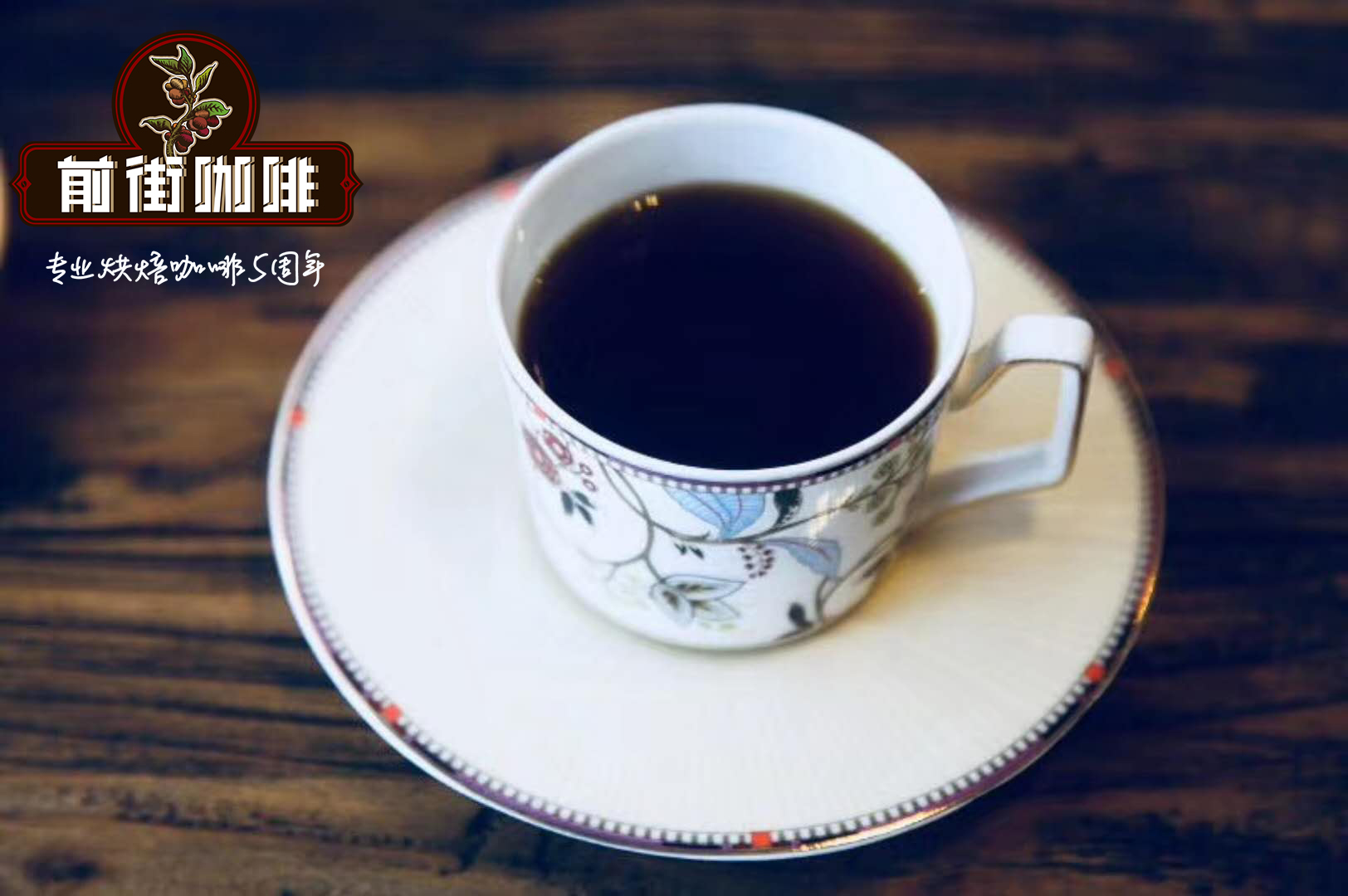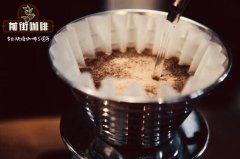Yunnan small grains of coffee. How does Yunnan coffee taste? Is Yunnan coffee good?

Professional coffee knowledge exchange more coffee bean information please follow the coffee workshop (Wechat official account cafe_style)
Yunnan coffee is the main and largest coffee producing area in China. At present, Yunnan coffee producing areas are mainly distributed in Simao, Banna, Wenshan, Baoshan, Dehong and other areas in the south and southwest of Yunnan.
Pu'er is a small town in Simao and the hometown of Pu'er tea. it is surrounded by lush mountains and white clouds. Because Pu'er tea is famous, it is somewhat surprising that coffee beans are also grown in this tea township. Most of the coffee farms operated in this area are small farms of 300-700 mu, mainly producing Arabica coffee beans, and the Tropic of Cancer crosses Simao. In line with the basic conditions of coffee cultivation, the pleasant climate here belongs to the low-latitude plateau and south subtropical monsoon climate zone, with the characteristics of low latitude, high temperature, rainy and calm wind, no cold winter, no hot summer, four seasons like spring, the average temperature is 19 ℃, the planting altitude is between 900-1300 meters, and the average annual rainfall is 1500 mm. There are congenital conditions for producing high-quality coffee beans.
Before large-scale cultivation, it is not easy for people in Yunnan to drink a cup of coffee. To stir-fry coffee, you must first mash the parchment layer with a stone pestle, then stir-fry the coffee beans by hand in an iron pan, and then grind the piles into powder. It is very troublesome to drink a cup of coffee, and it is difficult to grasp the taste of coffee, so local people are not in the habit of drinking coffee. so far, it is quite easy to have a cup of Pu'er tea in Pu'er City, which is available everywhere, but it is very difficult to find a place for a cup of coffee. You can't find a coffee shop on Pu'er Street, or even a coffee roaster in Simao City or Kunming.
The mode of planting and handling coffee beans in local coffee farms in Yunnan, their main planting and processing techniques and experience come from some international coffee companies, which buy a large number of raw coffee beans in Yunnan producing areas and set up coffee agricultural experimental farms. Teach local farmers to grow and deal with coffee beans, mainly introduce Colombian-style treatment methods, from washing beans, fermentation, drying beans are similar to the Colombian model. Most of these international coffee companies are the major producers of coffee powder and instant coffee in the world, and they have reasonable requirements for the quality of coffee beans, mainly for quantity; therefore, the requirements for bean shape and defects in coffee quality are not strict. Therefore, local coffee farmers grow and produce processed coffee in this direction. In terms of planting and treatment mode, there are often some problems.
Yunnan coffee generally uses washing mode to treat coffee beans. In the early days, Colombian-style treatment mode was introduced by some large factories. Washing beans and drying beans were all Colombian models. Coffee fruits were first mechanically removed from the peel and flesh through the endodermis, and then fermented in the fermentation tank for 24 hours. Then the coffee beans were washed with water to remove the sticky pulp. While washing, the bad beans were separated by the buoyancy of water. So far, the processing of coffee is close to the standard of foreign coffee countries.
However, in the latter stage of treatment, local farm owners use some rice grain processors to improve the treatment of coffee beans, because there is a great difference between rice and coffee beans, which often results in a high damage rate of some coffee beans in the process of treatment. When we entered the producing areas, we had some discussions with local coffee farmers, but as most of the farms were small-scale operations and insufficient funds, we found a more economical and effective way to cooperate with them, but in order to meet the quality requirements, a lot of manual treatment was used to achieve the goal.
Yunnan coffee is located in the famous tea area of Zhipu'er in China because of its geographical environment, the coffee garden is not far from the tea garden, the coffee has a little tea flavor, but it still retains the characteristics of Asian beans, chocolate flavor is obvious, the taste is rich and full, smooth, the acidity is quite soft and moderate, and the sweetness is high. Although it is washed beans, it also has some natural wild nature of unwashed beans. On the whole, it is a satisfactory and pleasant coffee bean.
Important Notice :
前街咖啡 FrontStreet Coffee has moved to new addredd:
FrontStreet Coffee Address: 315,Donghua East Road,GuangZhou
Tel:020 38364473
- Prev

Hainan Xinglong coffee beans. The difference between mainland coffee and Taiwan coffee.
Professional coffee knowledge exchange more coffee bean information please follow the coffee workshop (Wechat official account cafe_style) both sides are committed to operating "coffee brands", the mainland coffee bean producing areas are Yunnan, Hainan, Guangdong and other places, among them, Yunnan, with plateau red soil, is suitable for "small seed coffee"; Hainan has a moderate temperature during the day and night, and the coffee is strong but not bitter, and it is most famous for "Xinglong Coffee". Taiwan
- Next

What are the coffee bean producing areas in Ethiopia? Ethiopian coffee variety.
Professional coffee knowledge exchange more coffee bean information please follow the coffee workshop (Wechat official account cafe_style) Ethiopian coffee is mainly produced in eight major areas: Ekempti, Limu, Illubabor, Djimma, Harrar, Teppi/Bebeka, Sidamo, Yirgacheffe. Ethiopian coffee is highly rated in China, especially in Ethiopia.
Related
- Beginners will see the "Coffee pull flower" guide!
- What is the difference between ice blog purified milk and ordinary milk coffee?
- Why is the Philippines the largest producer of crops in Liberia?
- For coffee extraction, should the fine powder be retained?
- How does extracted espresso fill pressed powder? How much strength does it take to press the powder?
- How to make jasmine cold extract coffee? Is the jasmine + latte good?
- Will this little toy really make the coffee taste better? How does Lily Drip affect coffee extraction?
- Will the action of slapping the filter cup also affect coffee extraction?
- What's the difference between powder-to-water ratio and powder-to-liquid ratio?
- What is the Ethiopian local species? What does it have to do with Heirloom native species?

